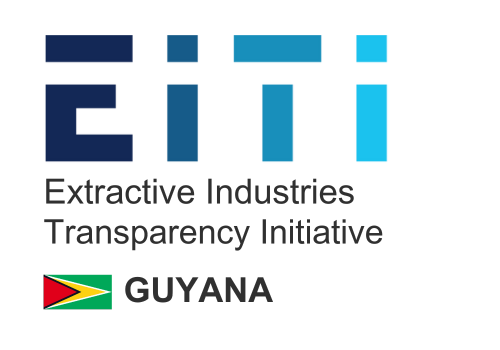The EITI, (Extractive Industries Transparency Initiative), is an international organization focused on ensuring transparency in the oil, gas, and mining sectors. Implementing countries are required to establish a national body /secretariat and Multi-Stakeholder Group (MSG).
In Guyana, the local affiliate body is called GYEITI (Guyana Extractive Industries Transparency Initiative). While GYEITI works closely with the government, it’s not a government agency. Instead, it’s a partnership involving the government, businesses, and civil society groups.
The government helps fund GYEITI’s operations, but GYEITI operates independently to promote transparency and accountability.
It is a possibility. The Dutch Disease develops when a country’s economy becomes too dependent on a resource, like oil, and other sectors, such as agriculture or manufacturing, suffer. This can also lead to an appreciation of the currency, making exports less competitive. Guyana is aware of this risk and is actively working on ways to diversify its economy to avoid it.
Dutch Disease can lead to problems like job losses in non-oil sectors, inflation, and an over-reliance on oil or mining. It can also make other exports less competitive because the value of the currency goes up.
The Resource Curse is the phenomenon where a country that has an abundance of natural resources remains heavily indebted and impoverished. The resource curse can lead to issues like economic instability, corruption, environmental harm, and social inequality. It happens when countries with a lot of natural resources struggle to use them effectively for long-term development, often due to poor governance.
To avoid the resource curse, Guyana can focus on diversifying its economy, investing in education and skills development, strengthening governance, and managing revenues transparently. Building strong institutions and avoiding corruption are also key to long-term success.
Countries like Norway and Botswana have done a good job of managing their natural resources. Norway, for example, created a sovereign wealth fund to save oil revenues for future generations, while Botswana used its diamond wealth to invest in infrastructure and education
Revenue from Guyana’s oil and mining industries is allocated to national priority projects like infrastructure, education, healthcare, and environmental protection. The goal is to make sure the wealth generated from these industries benefits everyone in the country.
Yes, Guyana is actively working on implementing the recommendations from EITI Validation reviews. These reviews assess how well the country is following EITI standards and suggest ways to improve.
When Guyana joined EITI, it embraced the core principles of transparency, accountability, and collaboration. These principles guide how the country reports and uses the revenues from its natural resources for development.
Since oil production carries the risk of pollution and environmental damage, Guyana faces the challenge of balancing economic growth with sustainability. The government has put safeguards in place to ensure that oil production is done in accordance with its policies of environmental sustainability.
GYEITI fights corruption through measures like public reporting of receipts by governments and payments made by industries, independent audits, and multi-stakeholder oversight.
Transparency and accountability are crucial to making sure that the money generated from Guyana’s natural resources is used for the benefit of the people.
Big players in the Oil and Gas sector like ExxonMobil, Hess, and CNOOC and mining companies like AGM are part of Guyana’s EITI process. These companies are required to disclose their payments and work with other stakeholders to promote transparency in the country’s extractive industries.

